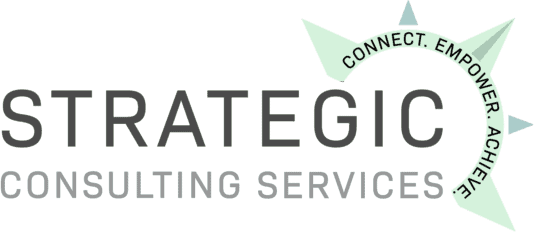AD/HD has been in the spotlight since many remote workers’ diagnosis has been exacerbated by the challenges of working from home.
Rates of diagnosis in women in particular have soared in recent years. In 2018, the CDC reported an increase of 344% in women seeking medication for ADHD, while Google searches in the U.S. related to ADHD in women more than doubled between March 2021 and March 2022.
The common characteristics of AD/HD are impulsivity, inattention, and/or over-activity. Failure to listen to instructions, inability to organize oneself and work tasks, fidgeting with hands and feet, talking too much, inability to stay on task, leaving projects, chores and work tasks unfinished, and having trouble paying attention to and responding to details are the primary symptoms of AD/HD. Although individuals may have both inattention and hyperactivity symptoms, many individuals predominantly display one symptom more than another.
Accommodating Employees with Attention Deficit/Hyperactivity Disorder (AD/HD)
People with AD/HD may develop some of the limitations discussed below, but seldom develop all of them. Also, the degree of limitation will vary among individuals. There are some general accommodations that explain how people with AD/HD disregard themselves at work.
Questions to Consider:
- What limitations is the employee experiencing?
- How do these limitations affect the employee and the employee’s job performance?
- What specific job tasks are problematic as a result of these limitations?
- What accommodations are available to reduce or eliminate these problems? Are all possible resources being used to determine possible accommodations?
- Once accommodations are in place, would it be useful to meet with the employee to evaluate the effectiveness of the accommodations and to determine whether additional accommodations are needed?
- Do supervisory personnel and employees need training?
General: Individuals with AD/HD are often perfectionists and are hard on themselves. They have trouble setting personal boundaries like knowing when to stop working and they set unrealistic expectations for themselves. Someone who takes work home or stays late to finish work is often given more responsibility or a heavier workload because they appear to be able to get their work done. General accommodations for AD/HD include:
- Help identifying strengths instead of focusing on weaknesses
- Reinforcing creativity
- Pointing out any signs that the individual is overworked – not taking vacations, staying at work late frequently, not eating lunch
- Providing an AD/HD coach to suggest ways to increase productivity and maintain a healthy work-life balance
- Provide structured breaks as a physical outlet
- Utilize a job coach to teach/reinforce techniques
- Allow the employee to work from home
- Review conduct policy with employee
Strategic Consulting is Your Partner in Managing ADA Issues
Our team is here to help with your disability accommodation issues, vocational rehabilitation needs, ergonomic evaluations, and other employee needs.
For twenty years, we have been helping companies in the Pacific Northwest with worker injuries, disabilities, and other vocational challenges. We are here to support you in this unprecedented era of remote working and WFH.
We have partnered and provided solutions to some of the largest companies in the world (such as Boeing, Microsoft, and Amazon). But, at our core, we are still “people taking care of people,” one project at a time. Our success is built upon and providing you the best solution to your workplace challenge. Contact us today by filling out a form (below), submitting a referral, or visiting our ‘Contact Us‘ page to find your nearest office.
Ric has been working in the industry since 2002, specializing in developing employer jobsite analysis and light duty programs, ergonomics consultations and adjustments, disability accommodations and providing effective return to work solutions. Ric is Matheson trained in Ergonomics and is a Certified Ergonomics Evaluation Specialist. He earned a Bachelor of Arts Degree in Psychology from Western Washington University and later his Master’s Degree, M.Ed., Education Counseling from Seattle Pacific University. Ric is currently a Registered Vocational Rehabilitation Counselor for the Department of Labor and Industries and has been a Certified Disability Manager Specialist since 2006.

